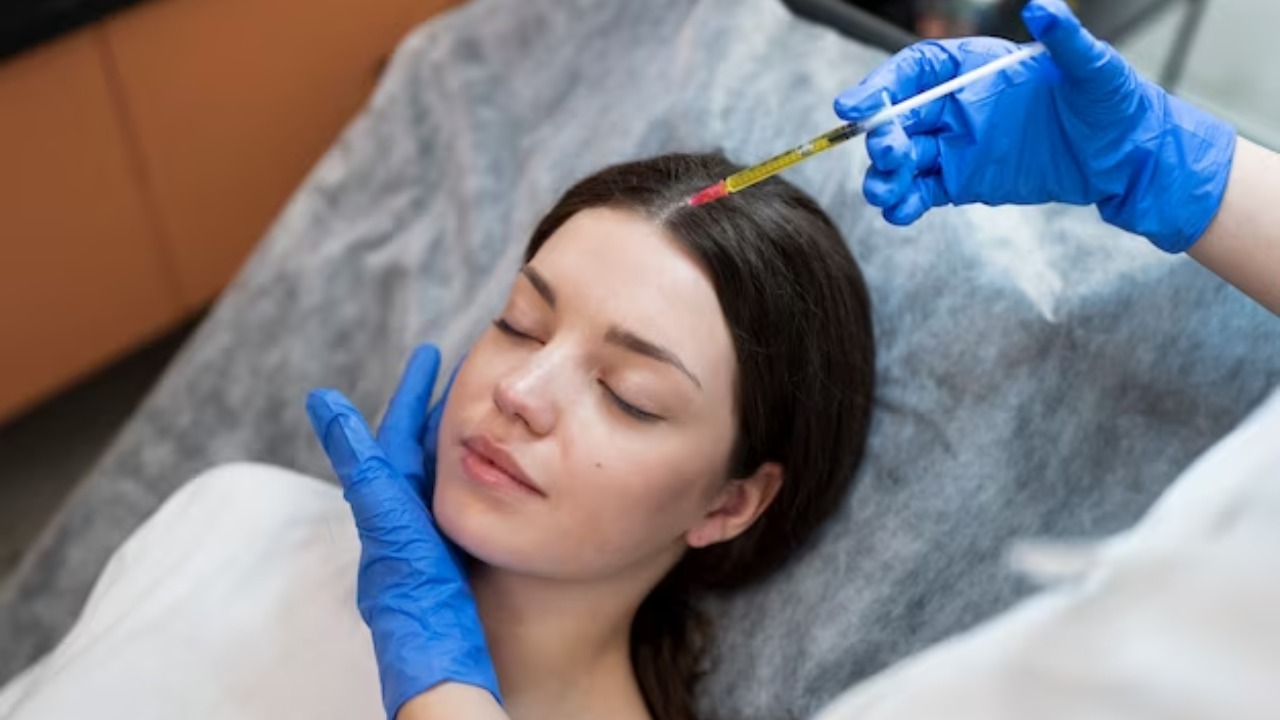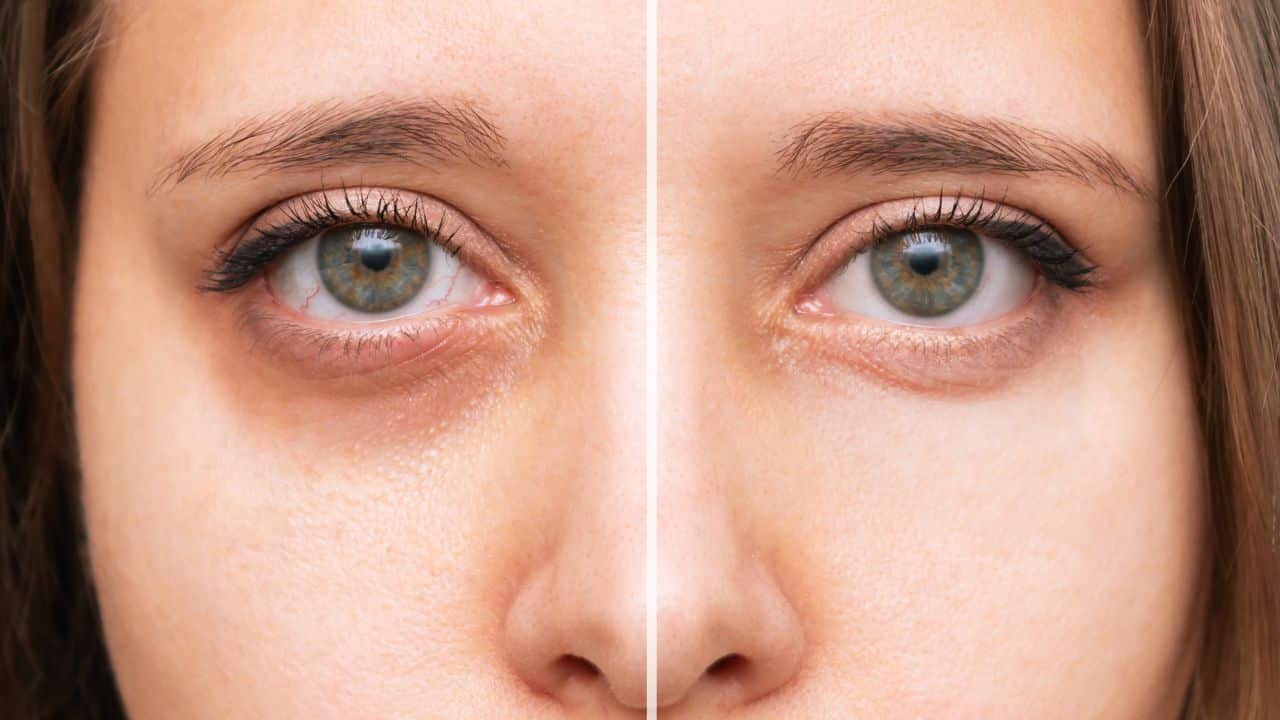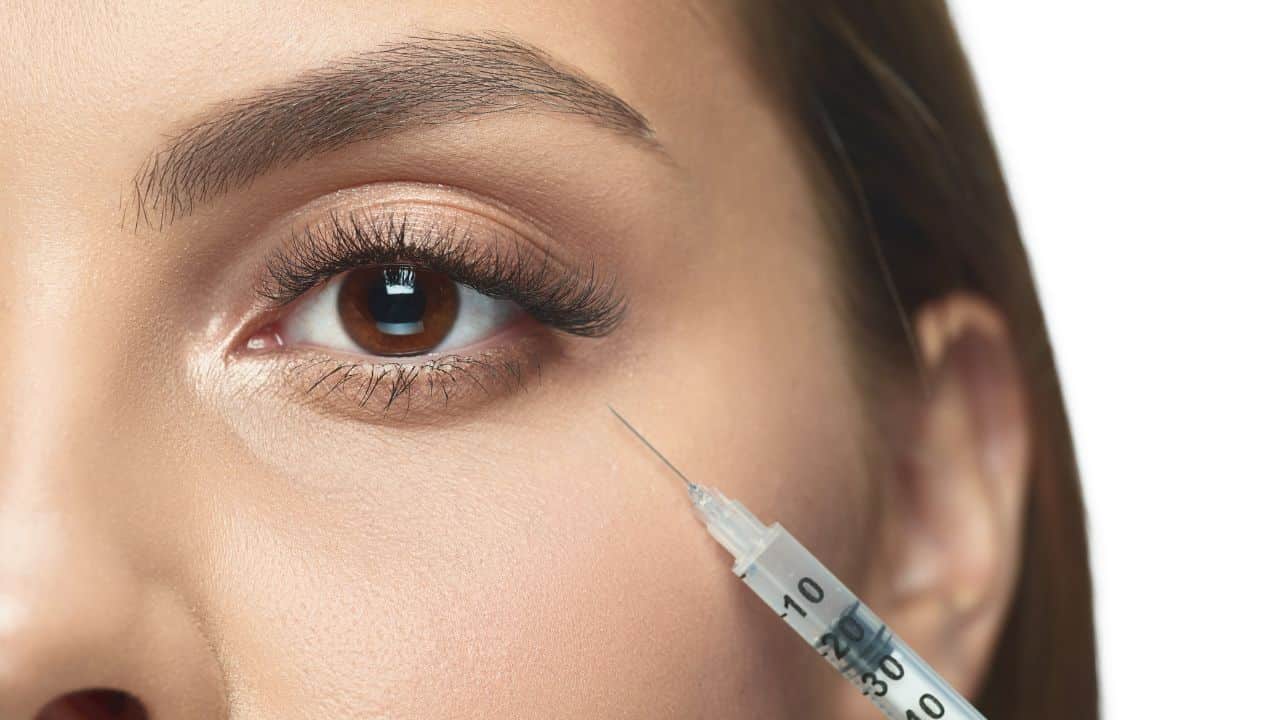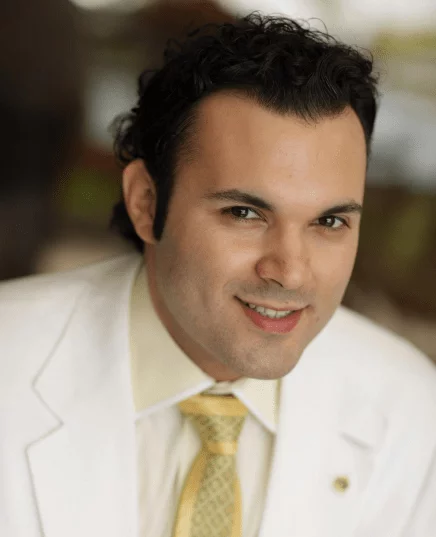Have you recently invested in a PRP hair treatment to reclaim your youth’s lush, vibrant hair?
Congratulations on taking this exciting step towards hair rejuvenation! But wait, before you dive back into your daily routine, there’s something crucial you need to know. The journey to lustrous locks doesn’t end when you leave the clinic – it’s just beginning. The secret to unlocking the full potential of your PRP treatment lies in the aftercare.
Think of your scalp as a freshly seeded garden. Just as you wouldn’t trample over new plantings or neglect them after sowing, your scalp requires a similar level of care post-PRP treatment.
The actions you take and the products you use (or avoid) in the days following your treatment can significantly influence the results. Imagine sabotaging your efforts and investment by making uninformed choices!
That’s why we’ve compiled a crucial list of the top 10 things to avoid after your PRP hair treatment. This guide isn’t just a set of instructions; it’s your roadmap to ensuring that your journey towards thicker, healthier hair is smooth and successful.
So, let’s dive in and discover how to protect and maximize your investment for the best possible outcomes!
Top 10 Things to Avoid After PRP Hair Treatment
Harsh Chemical Hair Products
After a PRP treatment, your scalp is more sensitive and vulnerable. Using hair products with harsh chemicals can lead to irritation and negatively impact the healing process.
Opt for gentle, natural hair care products instead to ensure your scalp remains healthy and can fully benefit from the PRP treatment.
Check why you should have no caffeine after PRP.
Excessive Heat Styling
High temperatures from hairdryers, straighteners, or curling irons can harm your hair’s health post-PRP treatment.
Heat styling can cause dehydration and weaken the hair strands, counteracting the benefits of the treatment. It’s advisable to let your hair air dry and minimize the use of heat styling tools.
Strenuous Exercise
Engaging in heavy physical activity immediately after PRP treatment can lead to excessive sweating and potential irritation to the treated area.
It’s recommended to avoid strenuous exercise for a few days post-treatment to allow your scalp to heal correctly.
Swimming
Chlorinated water in pools and salt water can be harsh on your hair and scalp, especially after PRP treatment.
These environments can lead to dryness and irritation, so it’s best to avoid swimming for at least a week after your treatment.
Direct Sun Exposure
Exposing your scalp to direct sunlight can be harmful post-PRP treatment. The sun’s UV rays can cause damage and irritation to the treated area.
Wearing a hat or using a scalp sunscreen is recommended outdoors.
Alcohol Consumption
Alcohol can hinder the healing process by dehydrating your body and affecting blood circulation. It’s advised to avoid alcohol for a few days after your PRP treatment to ensure optimal healing and results.
Smoking
Smoking restricts blood flow, which is crucial for the healing process and the effectiveness of PRP treatment. Avoiding smoking can significantly improve the outcome of your treatment and promote healthier hair growth.
Coloring or Bleaching Hair
Chemical processes like coloring or bleaching can be extremely harsh on your scalp and hair, especially after a PRP treatment.
It’s recommended to wait at least a few weeks before undergoing any chemical hair treatments to avoid damaging your hair.
Using Tight Hairstyles
Tight hairstyles can pull and stress your hair follicles, which is not ideal after PRP treatment. Opt for looser hairstyles to reduce tension and allow your scalp to heal effectively.
Neglecting Scalp Hygiene
Maintaining a clean scalp is crucial after PRP treatment. Avoiding proper scalp hygiene can lead to the buildup of products and oils, which can clog hair follicles and hinder the effectiveness of the treatment.
Gentle washing with suitable products is vital in maintaining scalp health.
Additional Aftercare Tips
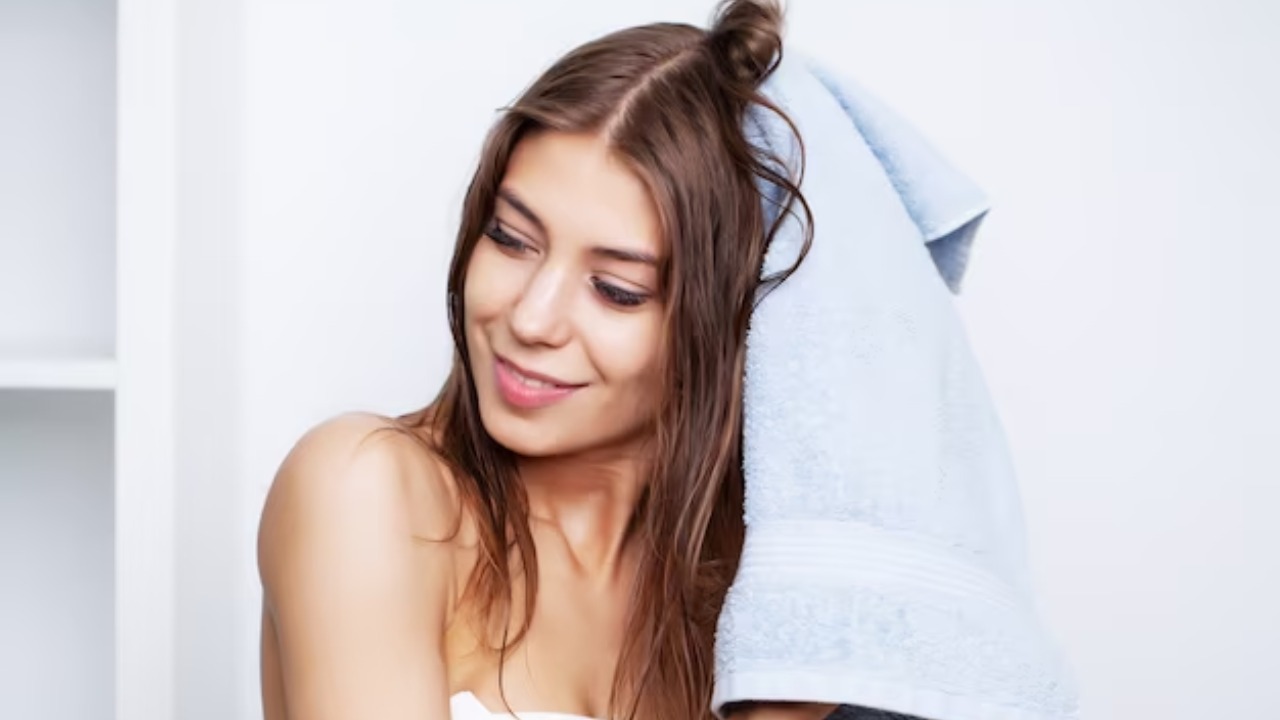
You must incorporate these aftercare tips into your routine to achieve better and lasting results from your PRP hair treatment. By doing so, you’ll not only enhance the healing process but also maximize the treatment’s effectiveness.
Gentle Hair Washing Practices
After PRP treatment, washing your hair gently is essential to avoid stressing the hair follicles. Use lukewarm water and a sulfate-free shampoo to cleanse the scalp without irritating it. Avoid vigorous scrubbing; lightly massage the scalp to enhance blood circulation while keeping the area clean.
Hydration and Nutrition
Your body needs adequate hydration and nutrition to heal effectively. Drinking plenty of water and maintaining a balanced diet rich in vitamins and minerals can significantly impact the success of your PRP treatment.
Foods high in protein, omega-3 fatty acids, and antioxidants can support hair growth and improve the health of your scalp.
Managing Stress Levels
High stress can negatively impact hair health and healing after PRP treatment. Engaging in stress-reducing activities like yoga, meditation, or light exercise can promote relaxation and enhance the overall effectiveness of the treatment.
Avoiding Alcohol-Based Hair Products
Alcohol-based hair products can cause dryness and irritation to the scalp. Avoiding these products post-treatment to maintain the scalp’s natural moisture balance and avoid adverse reactions is crucial.
Regular Follow-Up Appointments
Regular follow-up appointments with your healthcare provider is vital to monitor your treatment progress. These check-ups provide an opportunity to adjust aftercare routines and address any concerns that may arise during the healing process.
Sun Protection for Scalp
Protecting your scalp from UV rays is vital after PRP treatment. When outdoors, use a scalp sunscreen or a hat to shield the treated area from sun exposure, which can cause damage and slow the healing process.
Avoiding Over-the-Counter Medications
Some over-the-counter medications, like anti-inflammatories, can interfere with the healing process. Consult with your healthcare provider about any medications you plan to take post-treatment to ensure they won’t hinder your recovery.
Which Hair Loss Patients Can Benefit From PRP Treatments?
Platelet-Rich Plasma (PRP) treatments have become an effective option for certain types of hair loss. The patients who can benefit most from PRP treatments typically include:
- Patients with Androgenetic Alopecia: This is a common form of hair loss, known as male-pattern baldness in men and female-pattern hair loss in women. PRP is particularly beneficial in these cases, as it can help stimulate dormant hair follicles, leading to increased hair density.
- Those Experiencing Early Hair Loss: PRP treatments are generally more effective in individuals who have just started experiencing hair loss. Early intervention can yield better results, as the aim is to stimulate hair growth and prevent further loss.
- Patients with Alopecia Areata: This autoimmune condition causes patchy hair loss. Some studies have shown that PRP can effectively stimulate hair growth in patients suffering from alopecia areata.
- Individuals Not Responding Well to Conventional Treatments: Patients who have not seen significant results from traditional treatments like minoxidil (Rogaine) or finasteride (Propecia) may benefit from PRP as an alternative or complementary therapy.
- Those Seeking a Non-Surgical Solution: PRP is an attractive option for patients looking for non-surgical methods to treat hair loss. It uses the patient’s blood, reducing the risk of allergic reactions, and does not require surgical intervention.
- Individuals who notice their hair is thinning, but not necessarily balding, can benefit from PRP treatments. PRP can help thicken the hair and improve the scalp’s overall health.
- Patients with Good Overall Health: The effectiveness of PRP can also depend on the individual’s general health. Those with good health tend to respond better to PRP treatments.
Don’t forget to discover the side effects of PRP treatment for hair.
Final Words
PRP (Platelet-Rich Plasma) therapy presents a promising and innovative approach for those grappling with various forms of hair loss, especially androgenetic alopecia, early-stage hair thinning, and alopecia areata.
Its appeal lies in its non-surgical nature and the use of the body’s natural healing mechanisms, making it a suitable option for patients seeking alternatives to traditional hair loss treatments.
However, it’s crucial to remember that the efficacy of PRP can vary based on individual factors like the extent of hair loss, overall health, and response to previous hair loss treatments. For those considering PRP therapy, it’s essential to consult with a healthcare professional to assess suitability and set realistic expectations.
As we continue to embrace advanced treatments in hair restoration, PRP stands out as a beacon of hope for many, offering a pathway to hair regrowth and renewed confidence and well-being.

